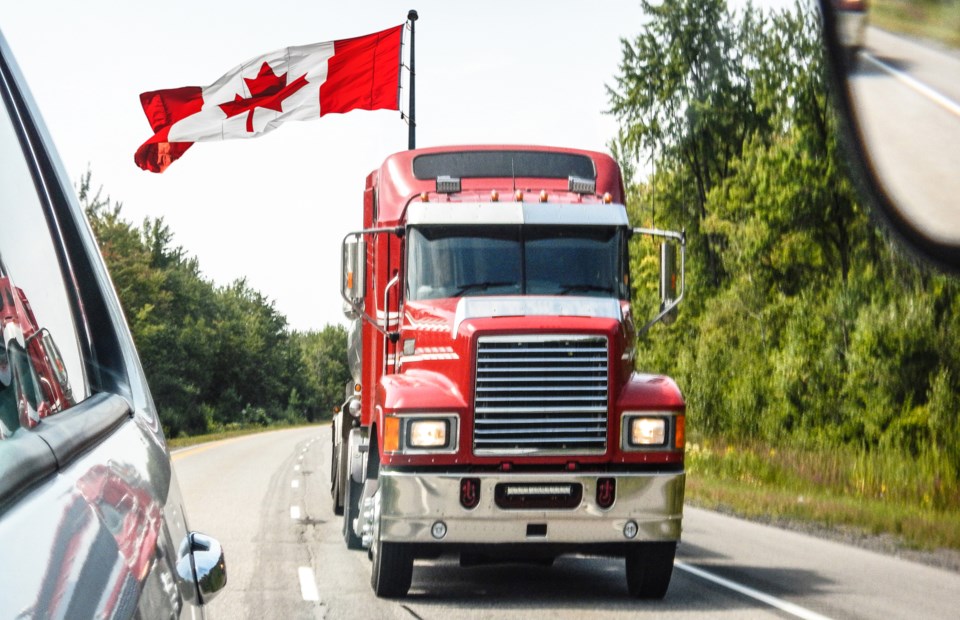With two weeks of unrest in the country’s capital, and rallies across Canada, three in four Canadians across all political leanings want the “Freedom Convoy” to “go home,” according to a new poll from Angus Reid Institute.
If the truckers wanted to capture global attention, with countries like New Zealand or France finding inspiration in its blockade, they’ve accomplished the mission.
But if the group had hoped they would convince other Canadians to oppose mandates and COVID-19 restrictions, they’ve been less successful.
The poll found that Canadians are more likely to oppose measures sought by the convoy members. Also, more than two-in-five said they are more inclined to support ongoing restrictions like masking indoors, and vaccine requirements to cross the Canada-U.S. border.
POLITICIANS, LAW ENFORCEMENT MADE 'FREEDOM CONVOY' WORSE
Two-thirds of Canadians reported that Prime Minister Justin Trudeau has worsened the situation with his actions, most notably being away from Ottawa, and leaving it to provincial authorities to address the blockade.
The sentiment held true for opinions about the Ottawa police and Ontario Provincial Police since they have been unable to successfully end the blockade.
And while early on Trudeau rejected any military response to the blockade, 62 per cent of Canadians now support arresting "Freedom Convoy" members if they refuse to leave.
Half of Canadians also reported that they believe Ontario premier Doug Ford, and Alberta premier Jason Kenney done more to contribute to the unrest than to resolve it.
Late last week, Ford declared a state of emergency in the province, a full two weeks into the convoy’s occupation of Ottawa. Similarly, Kenney has not offered an outright condemnation of the truckers; instead, he has shared their views on opposing mask mandates and federal travel restrictions.
FEDS WEIGH EMERGENCIES ACT
Trudeau is meeting with premiers today about using the Emergencies Act to put an end to the blockade in Ottawa.
The Emergencies Act, which replaced the War Measures Act in 1988, allows governments to invoke temporary measures to protect national security and public order, such as barring people from travelling to certain locations.
Although its predecessor was used three times during both world wars and the Front de libération du Québec (FLQ) crisis in Quebec in 1970, the Emergencies Act has never been used before. The Act also has limitations on what the government can do, including parliamentary oversight, and any measure invoked must comply with the Charter of Rights and Freedoms.
With files from Canadian Press


